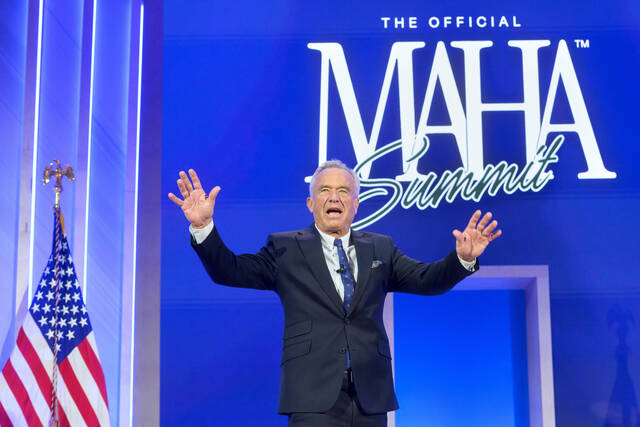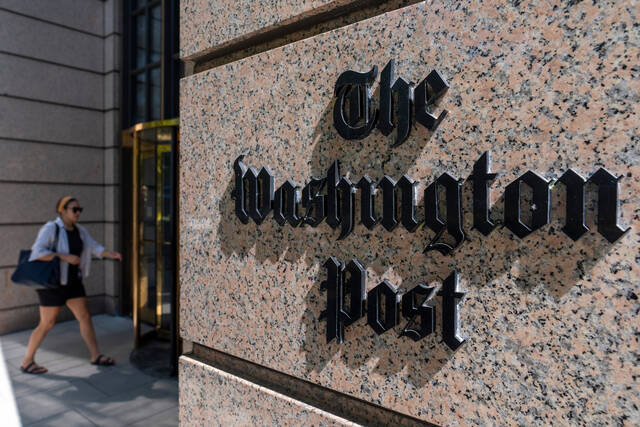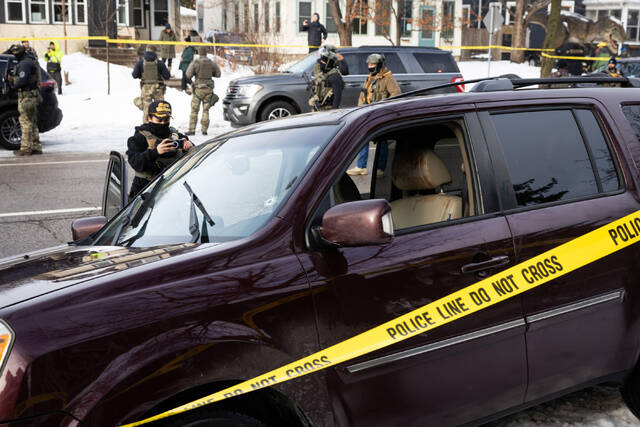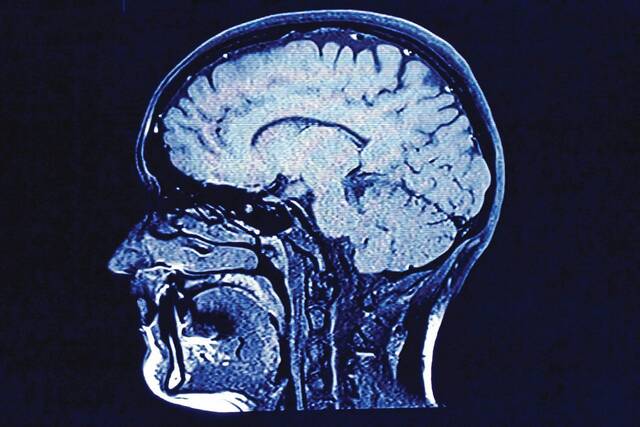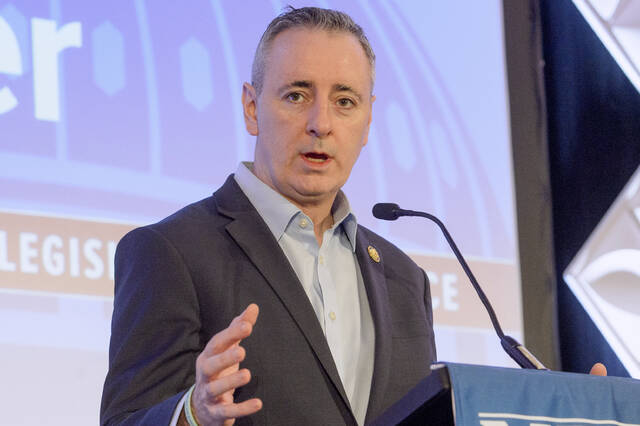The U.S. Supreme Court has proved itself in this term to be something different than was intended.
“The judicial Power of the United States, shall be vested in one supreme Court, and in such inferior Courts as the Congress may from time to time ordain and establish.”
That is Article III, Section 1 of the U.S. Constitution. It is the birth certificate for American jurisprudence.
That judicial power is the ability of the court to hear arguments on a case, dissect the law, decide how it may be applied and in some cases, whether the law itself is legal under the framework of the Constitution. It is an awesome responsibility. It has, historically, been wielded within the boundaries of the judiciary’s ring of the circus that is our government.
But increasingly under Chief Justice John Roberts’ court, those rings have become less co-equal and more co-dependent. One could blame politics, but separating politics from the high court’s rulings has become like surgery on conjoined twins sharing a heart and a brain.
After this session, it may be all but impossible. Even in cases where politics is not inherent, it will no doubt be assumed.
The Loper Bright Enterprises v. Raimondo case may not ring a bell, but the court overturned the 40-year-old Chevron precedent with it. In doing so, the court reserved rights to itself rather to than to the expertise of agencies. Let us hope that Roberts, et al., have a better understanding of nuclear physics and software engineering than Congress has shown.
In Snyder v. United States, the court decided by a 6-3 vote that bribery is just fine for government officials so long as the payoff comes later on. It is important to note that of the six justices in the majority, at least four (Roberts, Clarence Thomas, Samuel Alito and Neil Gorsuch) have had ethics questions regarding income.
And then there is the elephant in the room — Trump v. United States. The problem with this case is not just that Thomas and Alito had conflicts of interest involving their wives which should have prompted recusal — and in another court would have, as history has shown.
It is that the court took the opportunity to do more than asked. In doing so, it radically expanded the power of the presidency by granting broad immunity that overstepped the scope of the question. In that action, it changes the power for all time.
This is not a question of whether Donald Trump should be president again. It is a question of whether anyone should be. Who can ever be trusted with the power the court has invested? How can a madman who has wrested control ever be restrained?
One could point to impeachment, but with both Bill Clinton and Trump, we have learned it to be a worthlessly political exercise. Because Congress cannot act apolitically, it seems no president can ever be held accountable by his own party or trusted by the opposition to be accorded fair treatment.
Now the court tells us there is no accountability for any act that is part of the president’s job. I do not want to live in a world where anyone with any job is unable to be held accountable for what they do in that position.
In recent years, the people have wanted to see teachers, school boards, governors, train conductors, pilots, movie producers, football coaches and more held to account for poor choices and bad actions. The justices themselves have been called upon to be better policed.
Instead the Supreme Court has become the permissive parent who wants no restrictions itself and thus removes all boundaries from its tantrum-throwing child.
Politics is a bacteria in the blood of the court and by its rulings, the infection will spread to the future.



